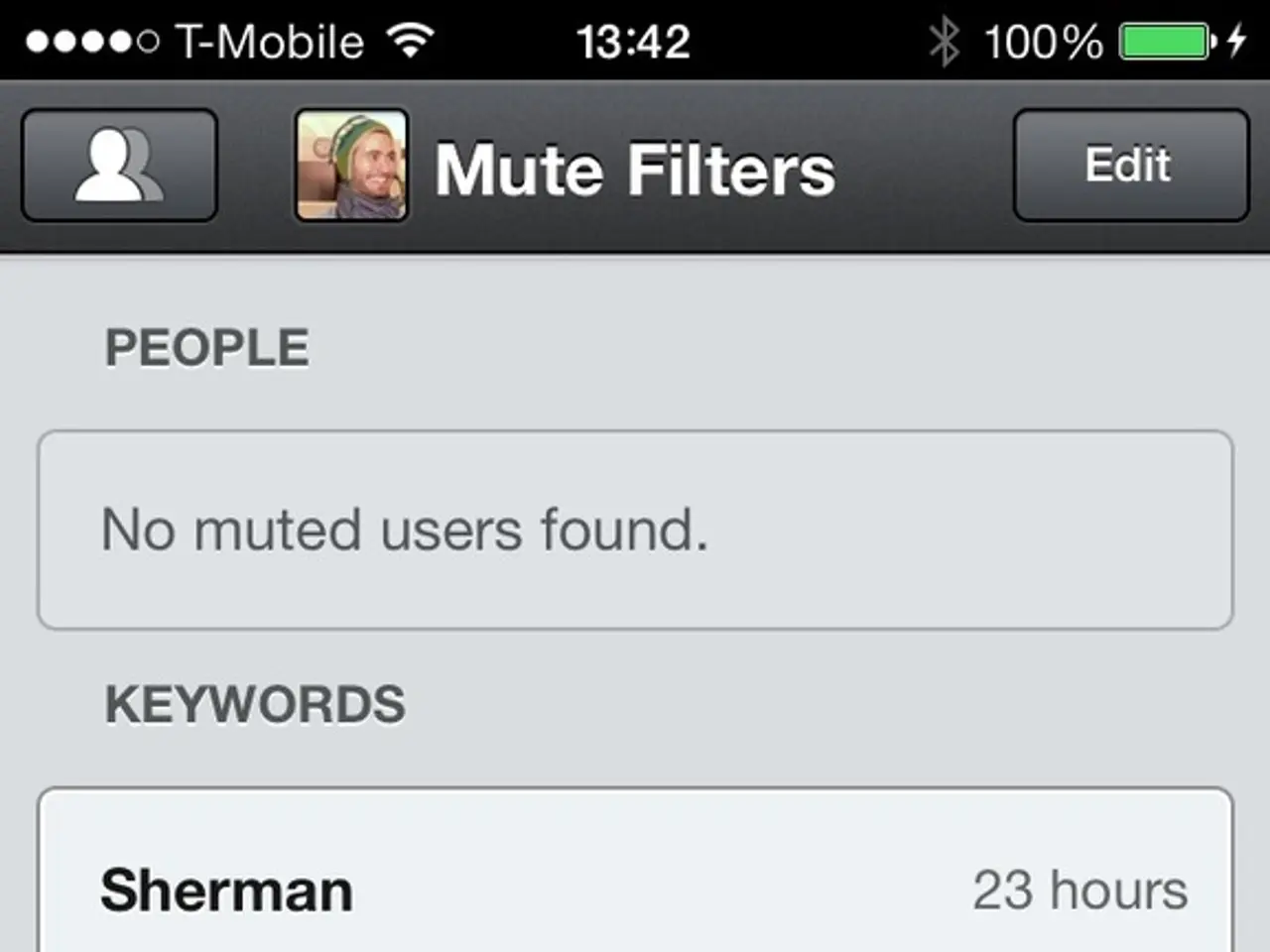New Technologies Usage Safeguards Detailed for Commission's Consideration
The United States and Canada have taken the lead in fully opening the entire 6-GHz band for unlicensed use, urging the European Union to follow suit to gain digital competitive advantages and sovereignty.
In 2021, the Commission paved the way for the license-free use of the lower 6-GHz band for fast wireless internet, covering the range between 5945 and 6425 MHz. However, the upper 6-GHz band, extending from 6425 to 7125 MHz, remains a subject of debate.
Modern Wi-Fi technologies like Wi-Fi 6E and Wi-Fi 7 would be enabled by the allocation of the entire upper 6-GHz band. For the full performance of Wi-Fi 7, at least one, ideally several contiguous 320-MHz channels are required.
Large mobile network operators in Germany want to secure the upper 6-GHz band exclusively for 5G and similar technologies. However, this is perceived as "absurd" due to the low range, high transmission rates, and low building penetration of the spectrum, making it highly unsuitable for mobile networks but ideal for WLAN.
Industry associations in the broadband, energy, and municipal sectors advocate for unrestricted access to the upper 6-GHz band. They argue that this would strengthen infrastructure-based competition and foster innovations without additional regulatory or financial burdens.
The associations emphasize that Wi-Fi offers significant advantages in energy efficiency and sustainability compared to mobile networks. Promoting WLAN by providing access to license-exempt spectrum would reduce the energy consumption of digital infrastructures and contribute to achieving the EU's climate and environmental goals.
Leading digital nations like the USA, Japan, South Korea, and Canada have already allocated the entire 6-GHz band for license-exempt use. In 2023, a broad coalition of network operators, hardware manufacturers, and associations warned EU member states not to reserve the entire 6-GHz band for mobile communications and instead make it freely available for Wi-Fi. Network provider Lancom echoed this call shortly thereafter.
Stable and high-performance WLAN connections are becoming increasingly important due to the growing data consumption. The entire 1200-MHz spectrum of the 6-GHz band offers the necessary bandwidth for these powerful, non-overlapping channels. Fragmentation of the band or restricted allocation would significantly impair the performance of these technologies and reduce the benefit of fiber networks.
The goal is to promote a diverse broadband market. The allocation of the entire 6-GHz band is considered crucial to fully leverage the benefits of fiber networks and achieve the EU's digital strategy goals. If the EU does not follow the example of these leading digital nations, it risks falling behind in digital competitiveness and sovereignty.
Read also:
- Understanding Hemorrhagic Gastroenteritis: Key Facts
- Trump's Policies: Tariffs, AI, Surveillance, and Possible Martial Law
- Expanded Community Health Involvement by CK Birla Hospitals, Jaipur, Maintained Through Consistent Outreach Programs Across Rajasthan
- Abdominal Fat Accumulation: Causes and Strategies for Reduction








